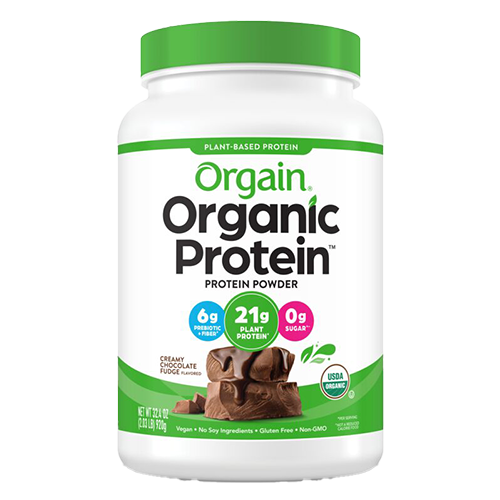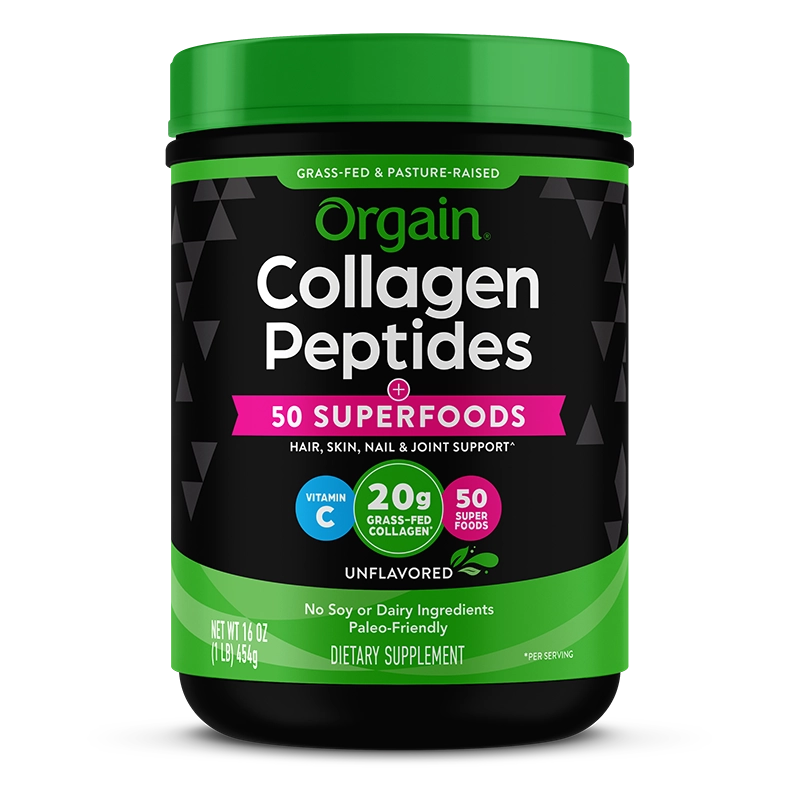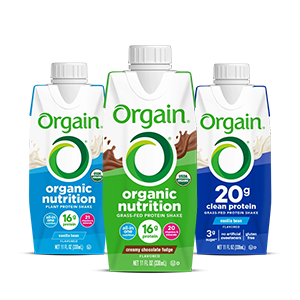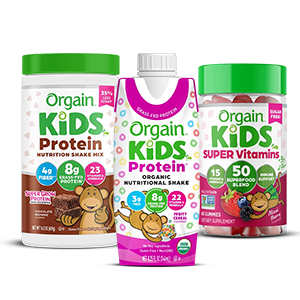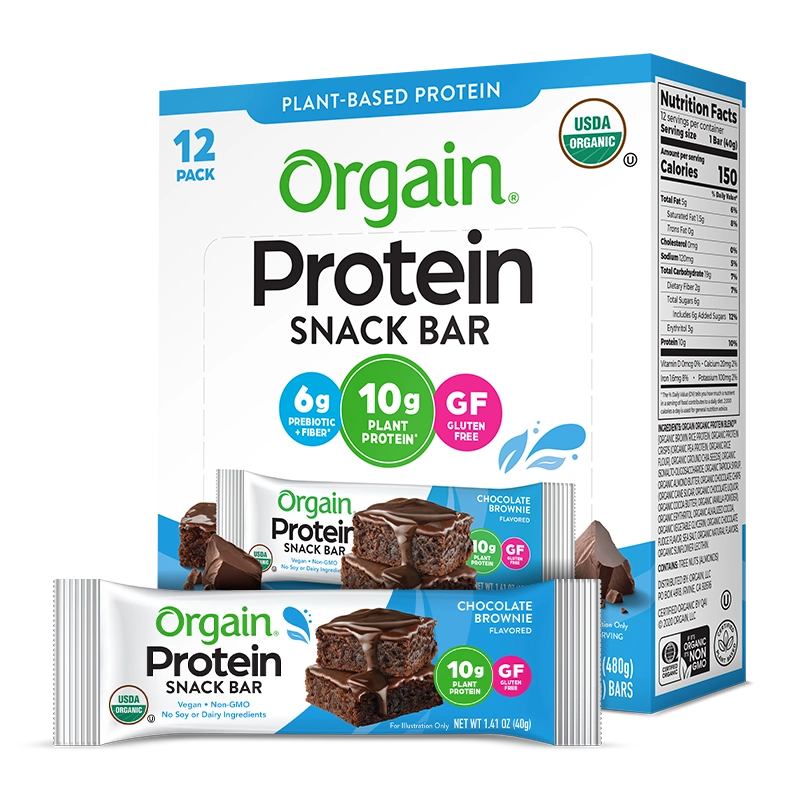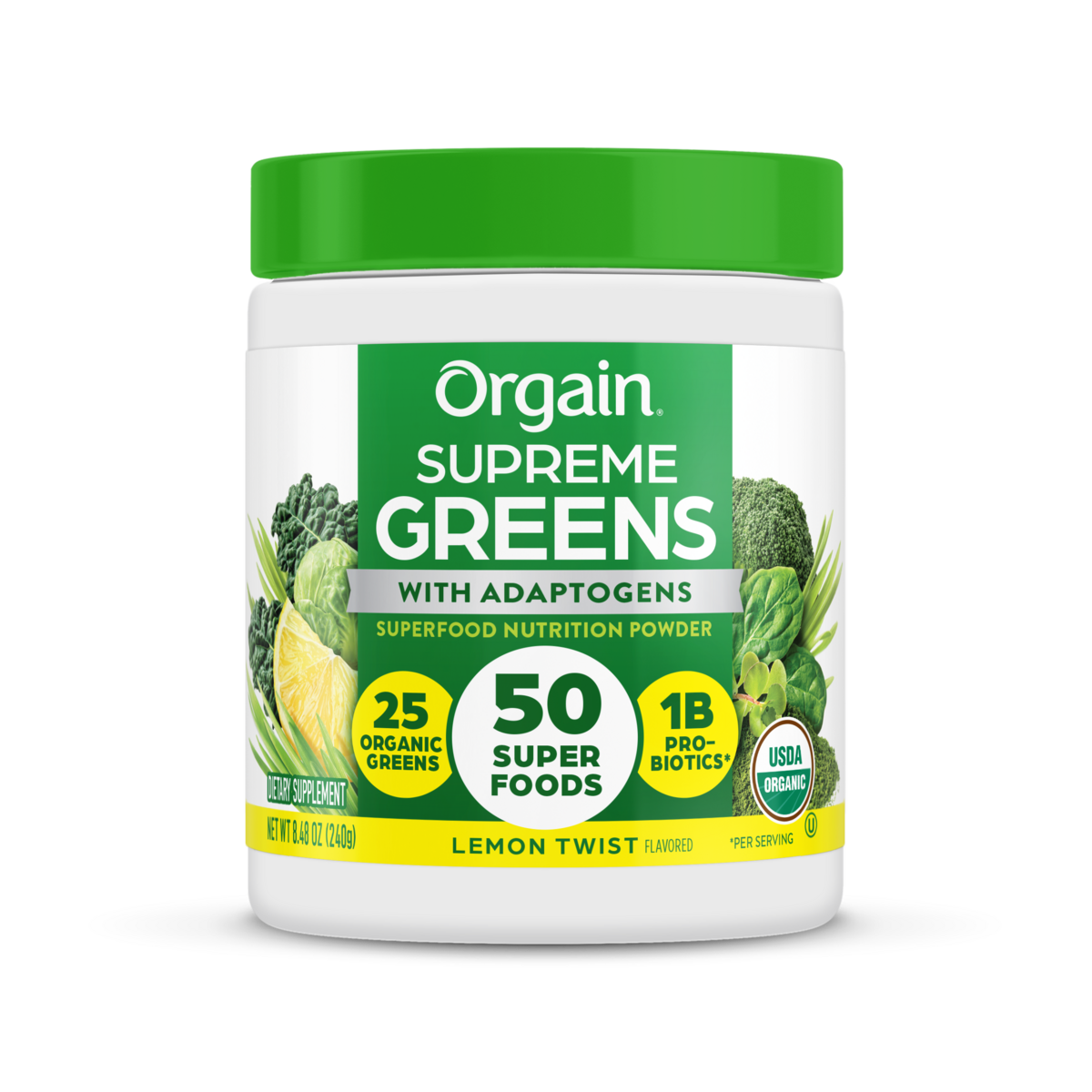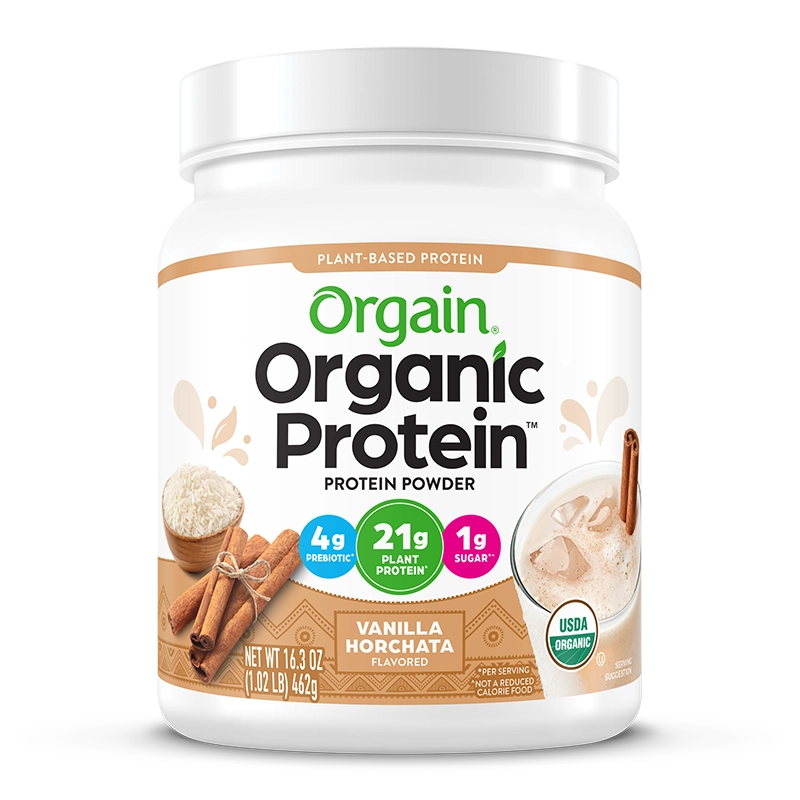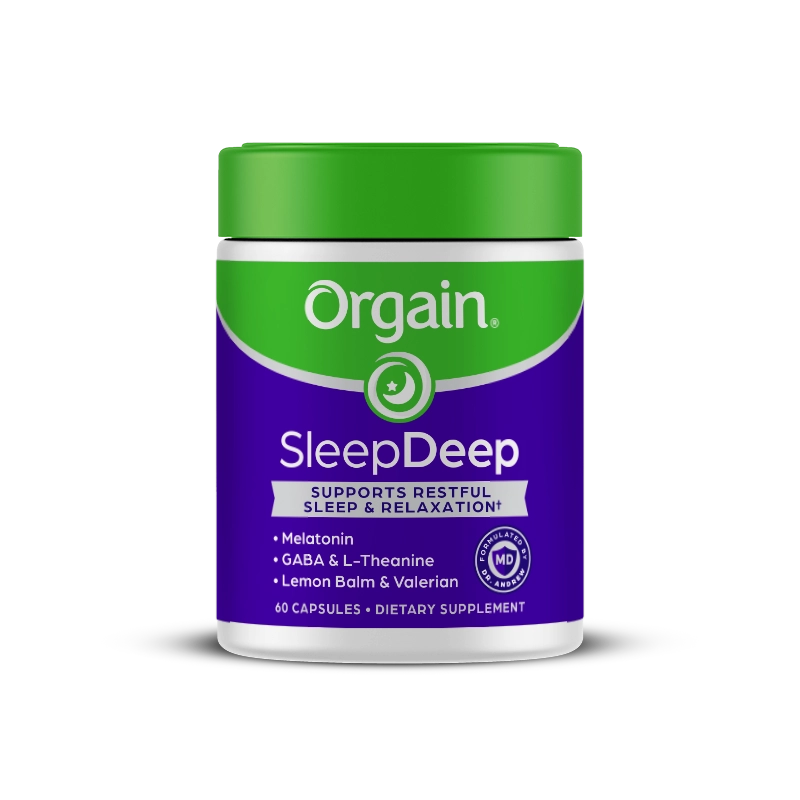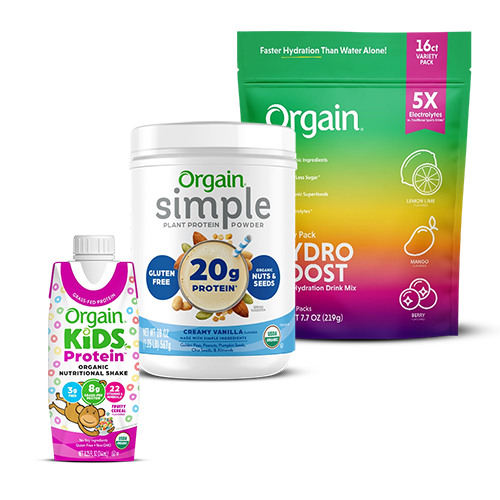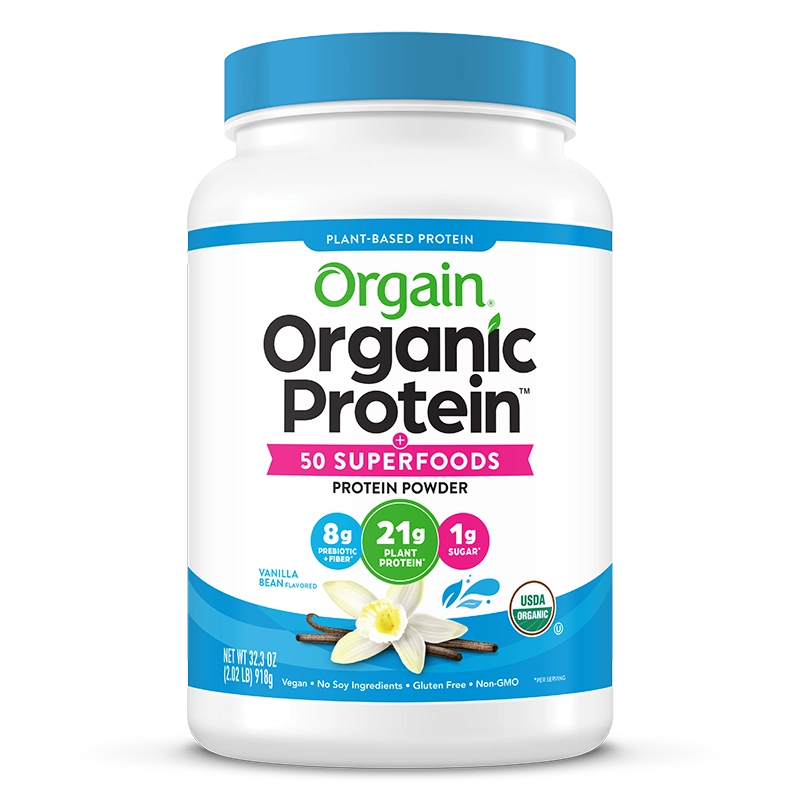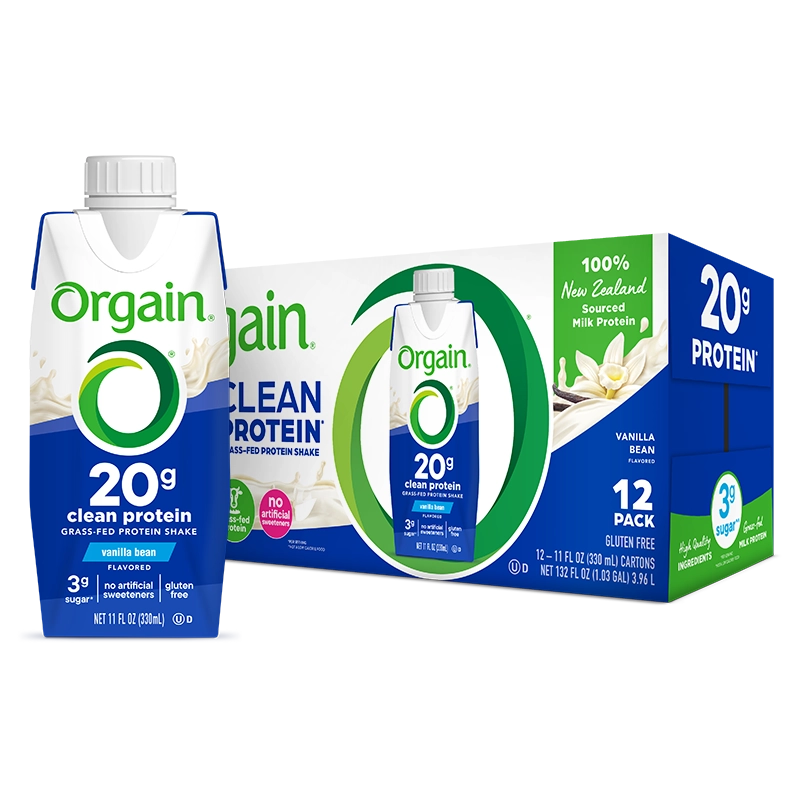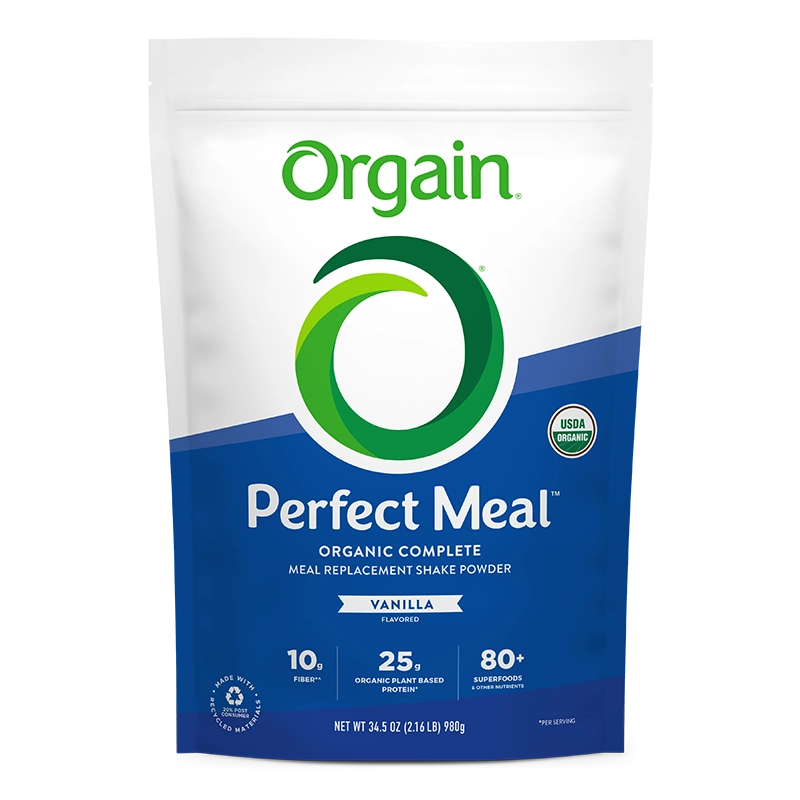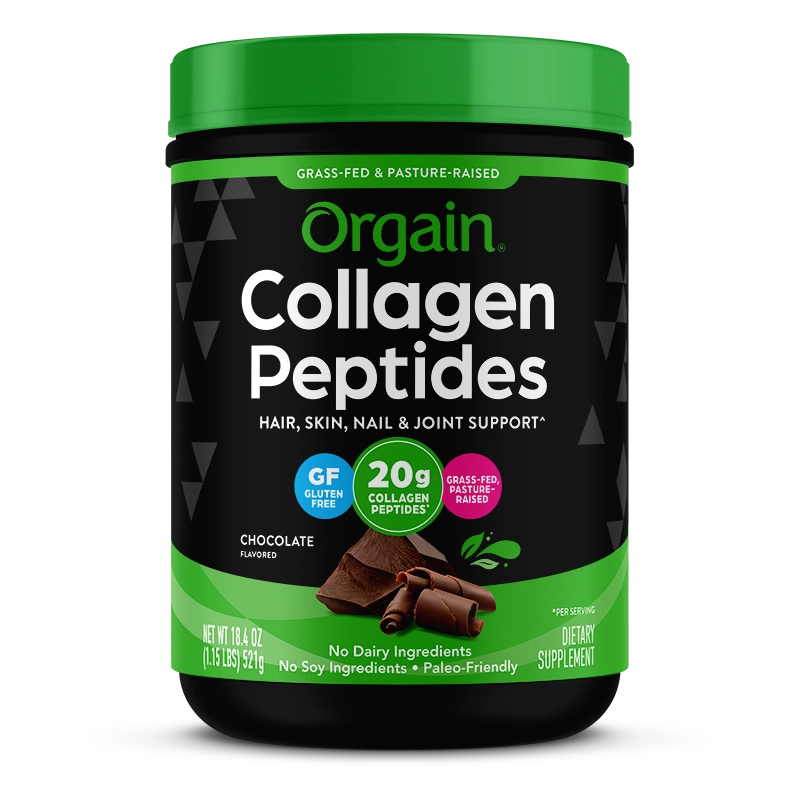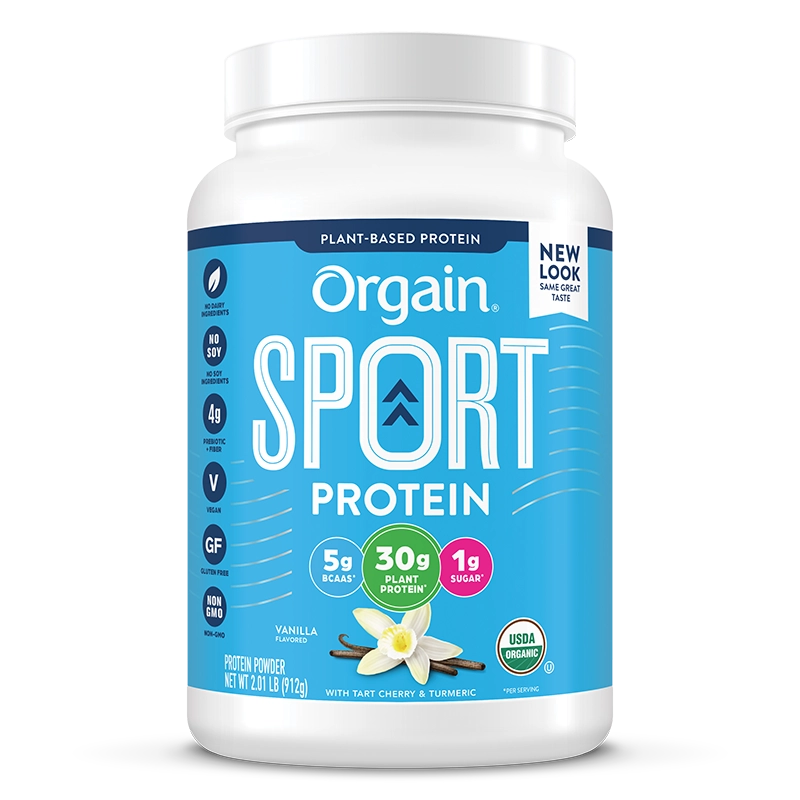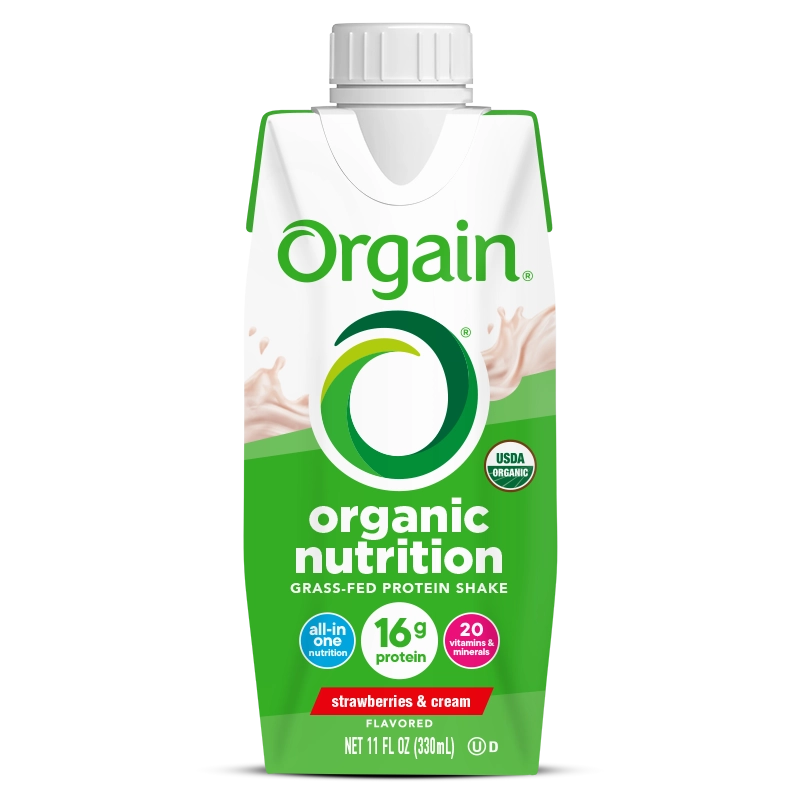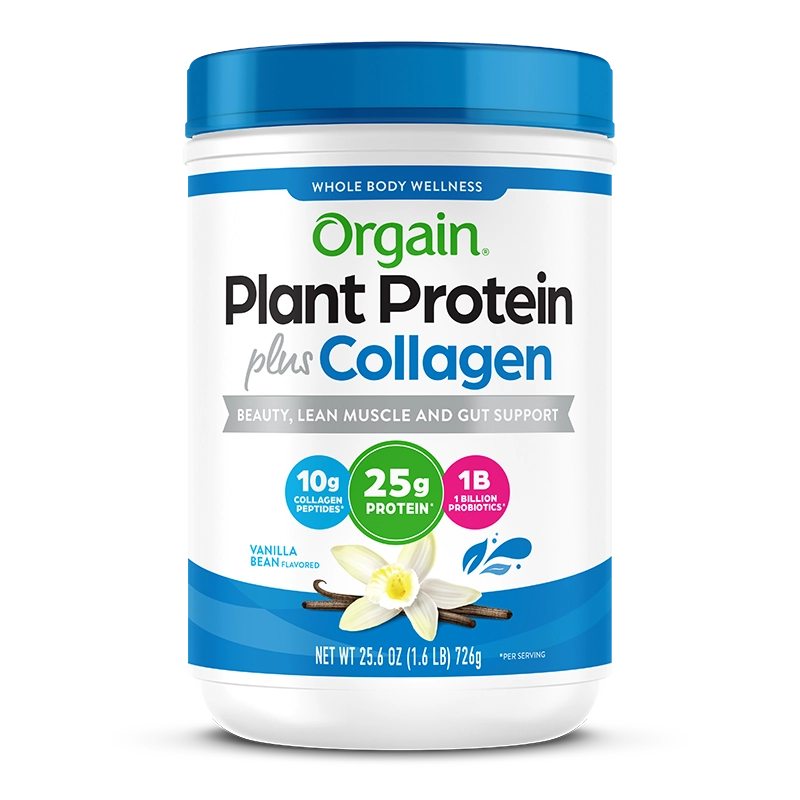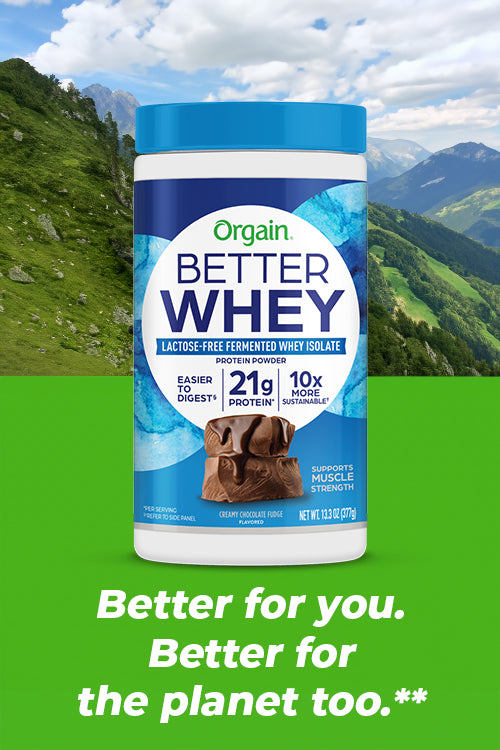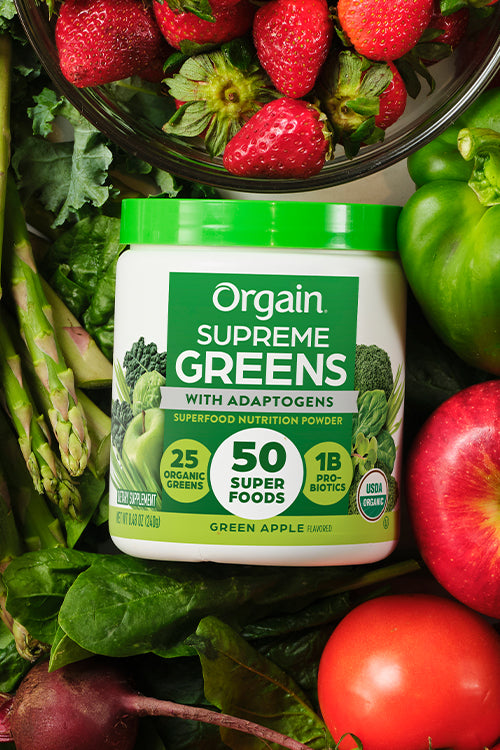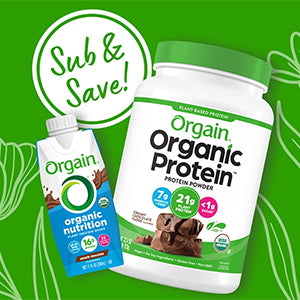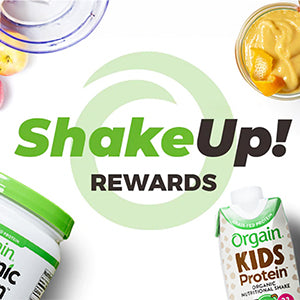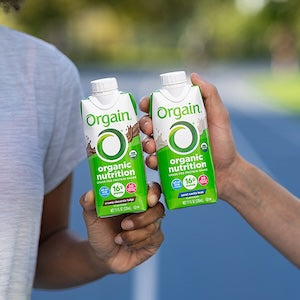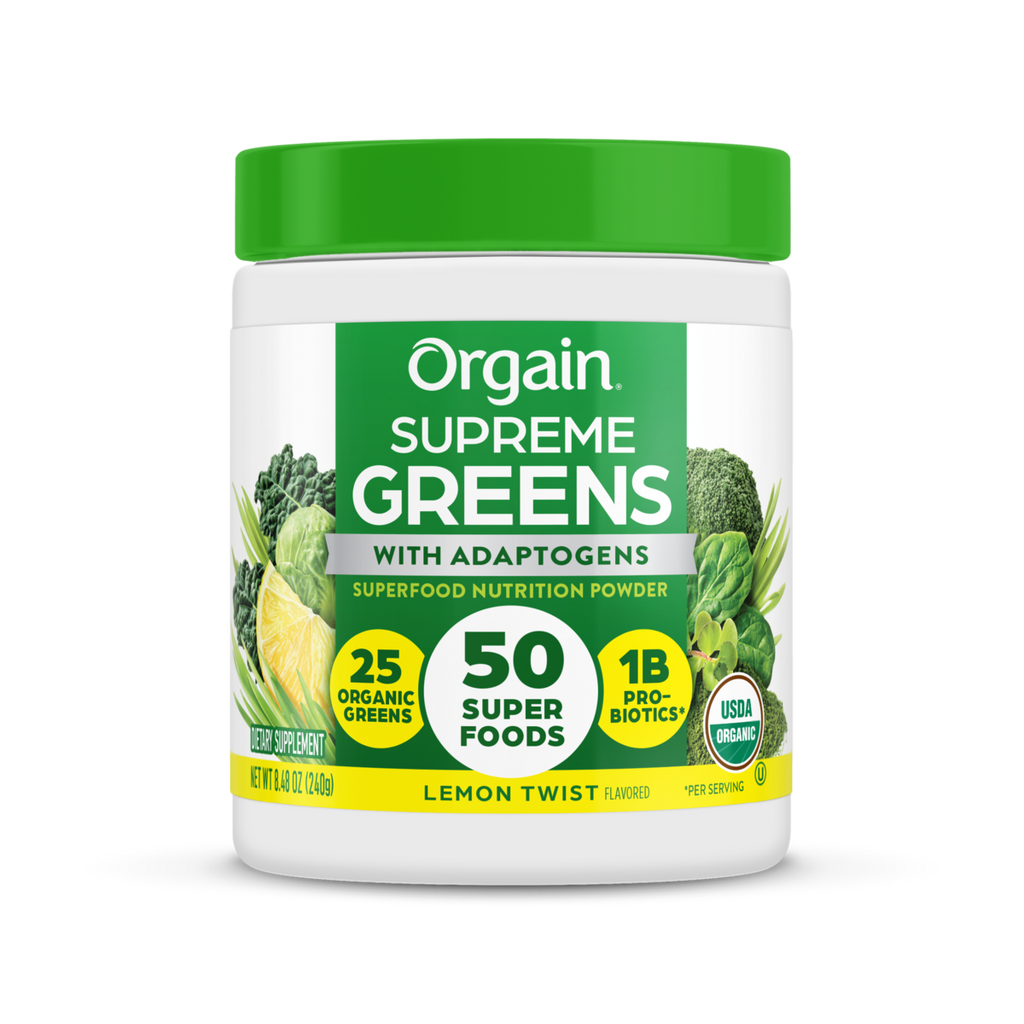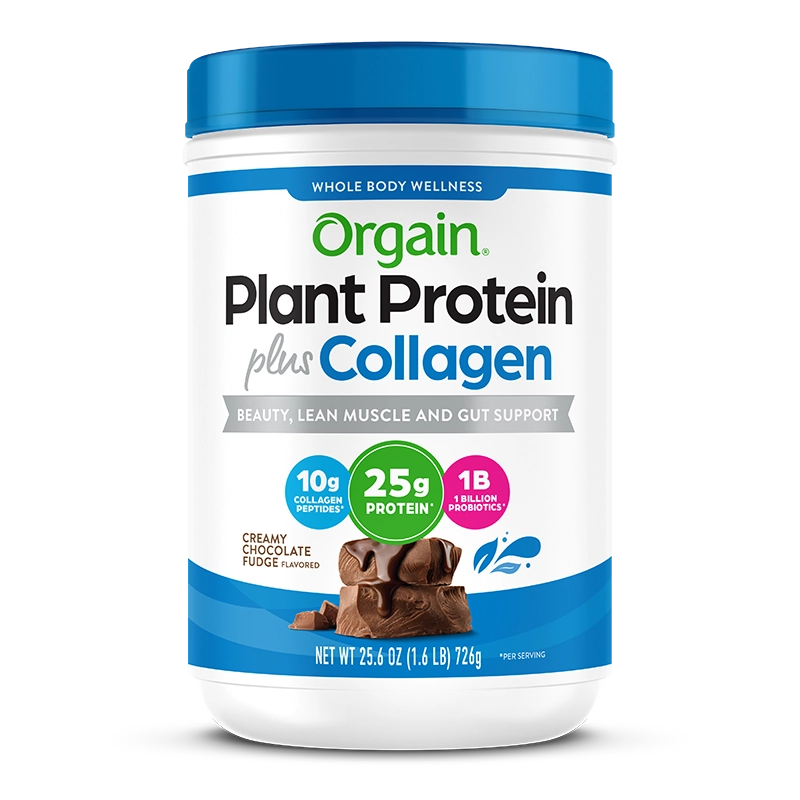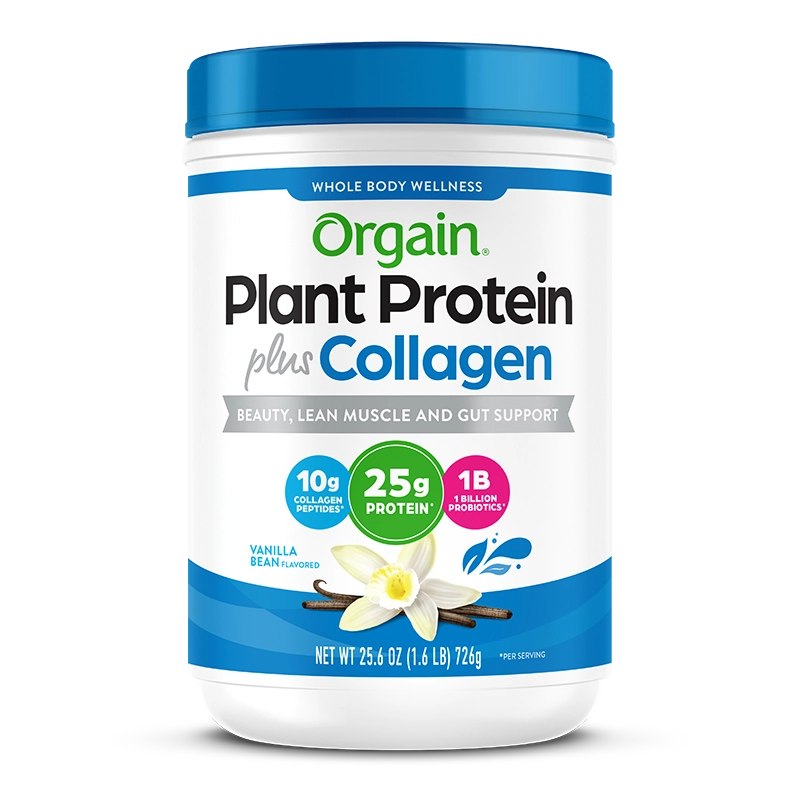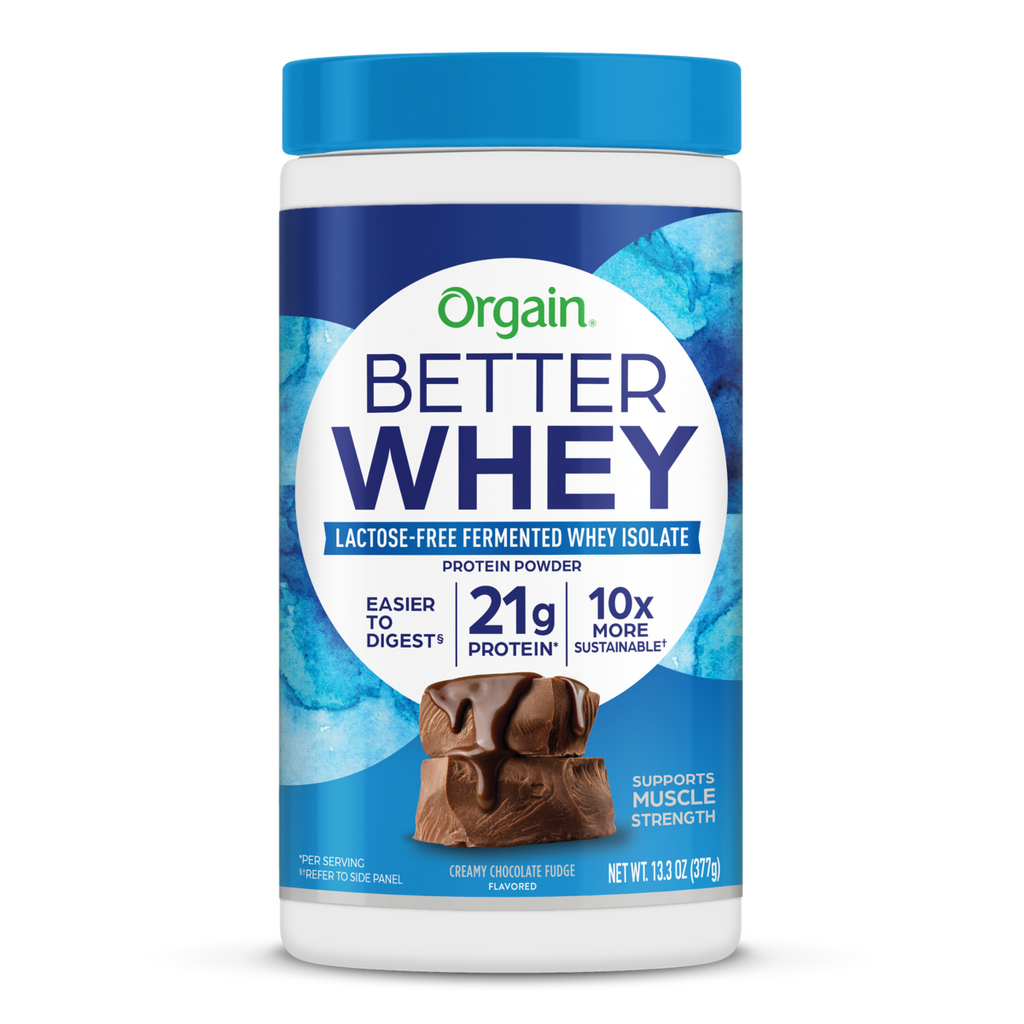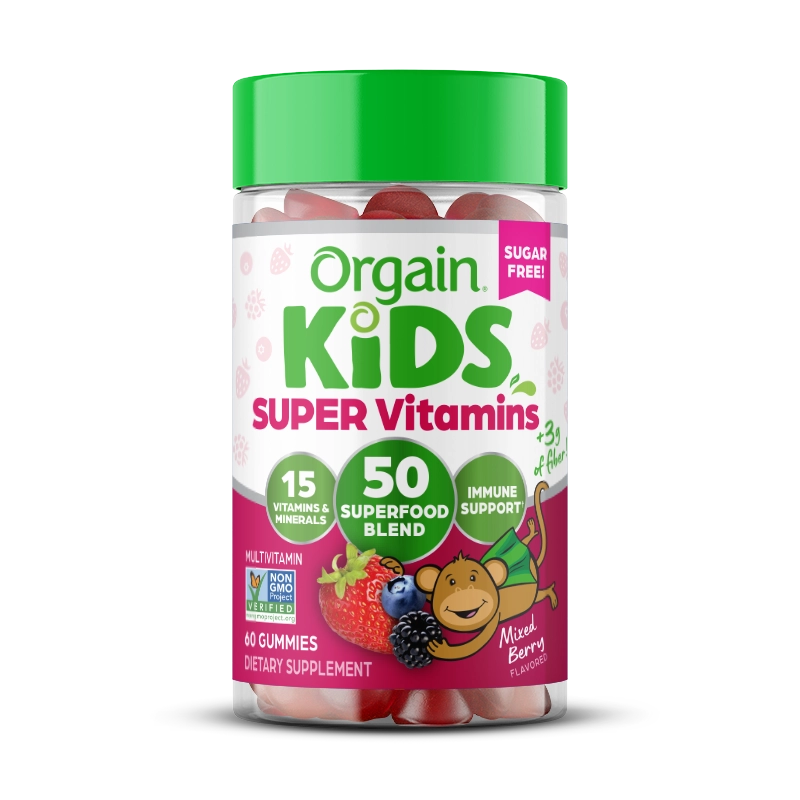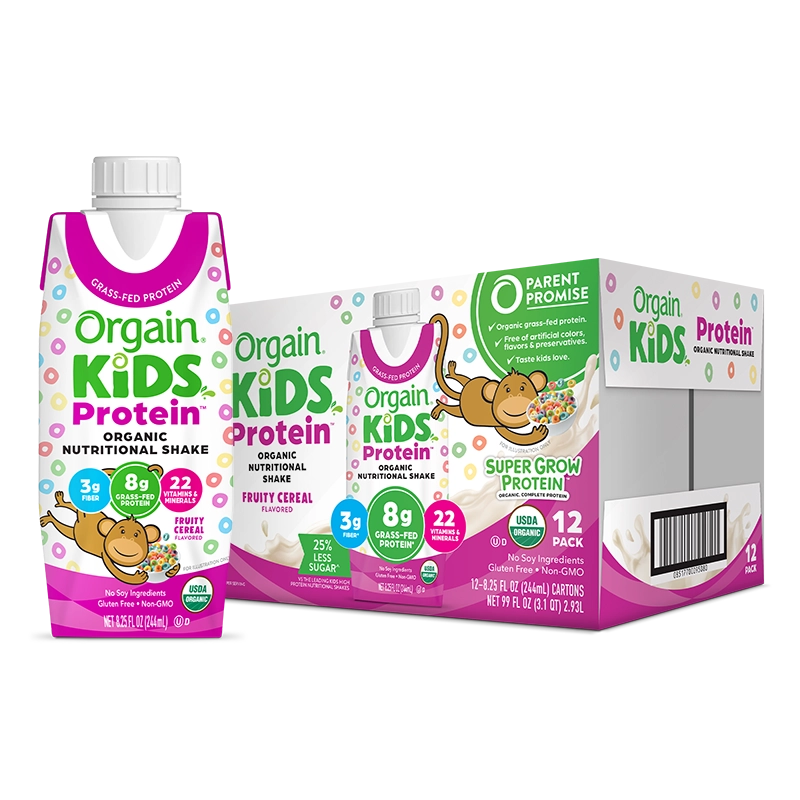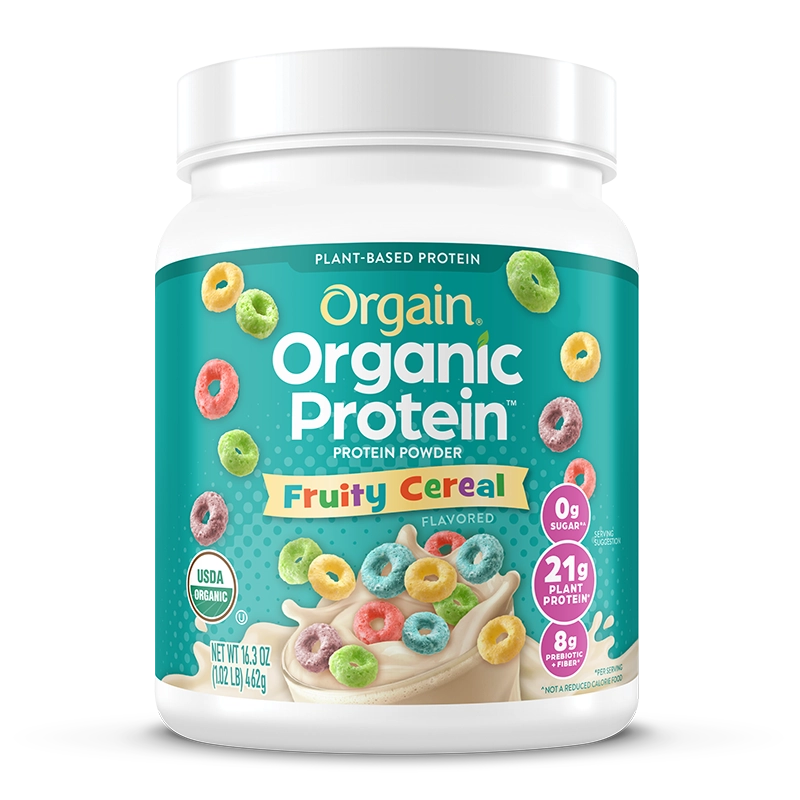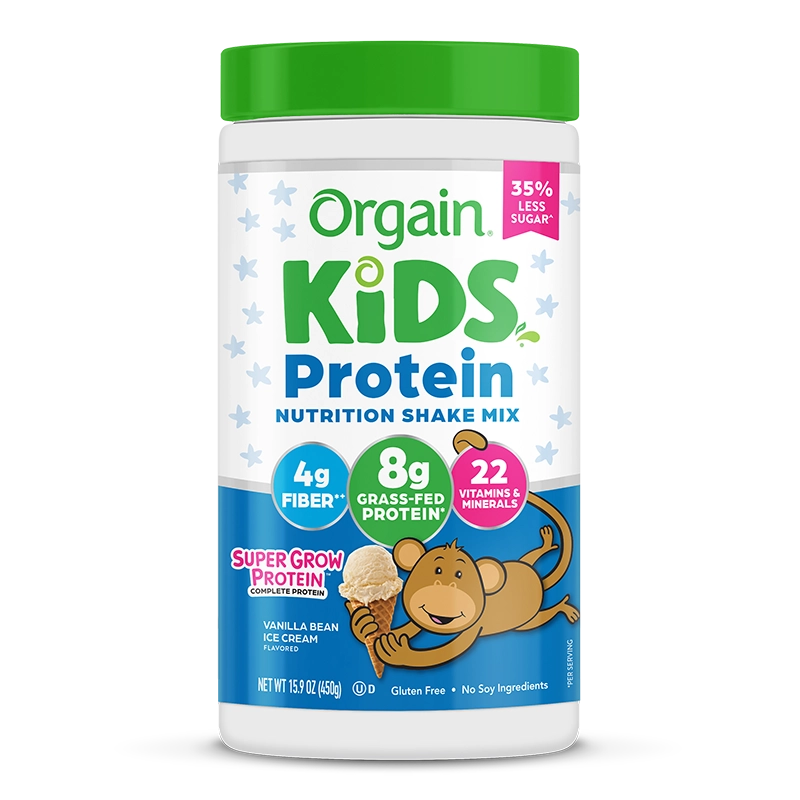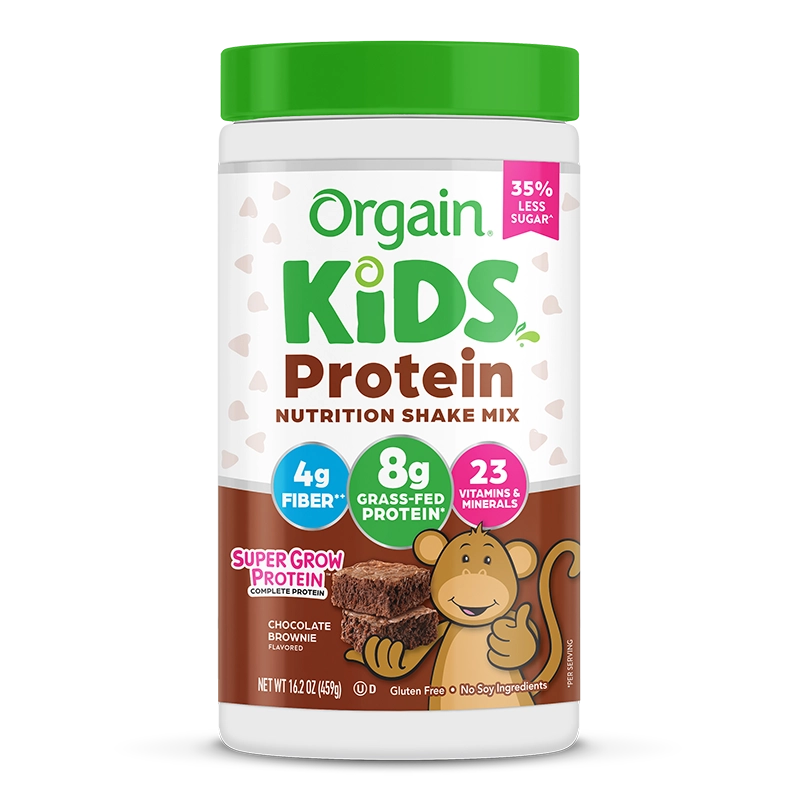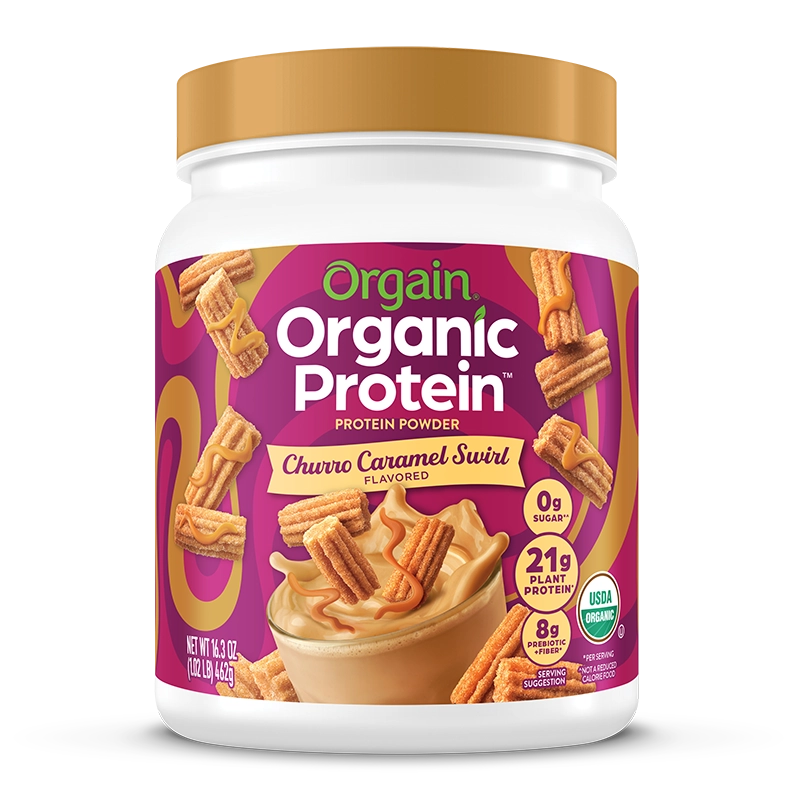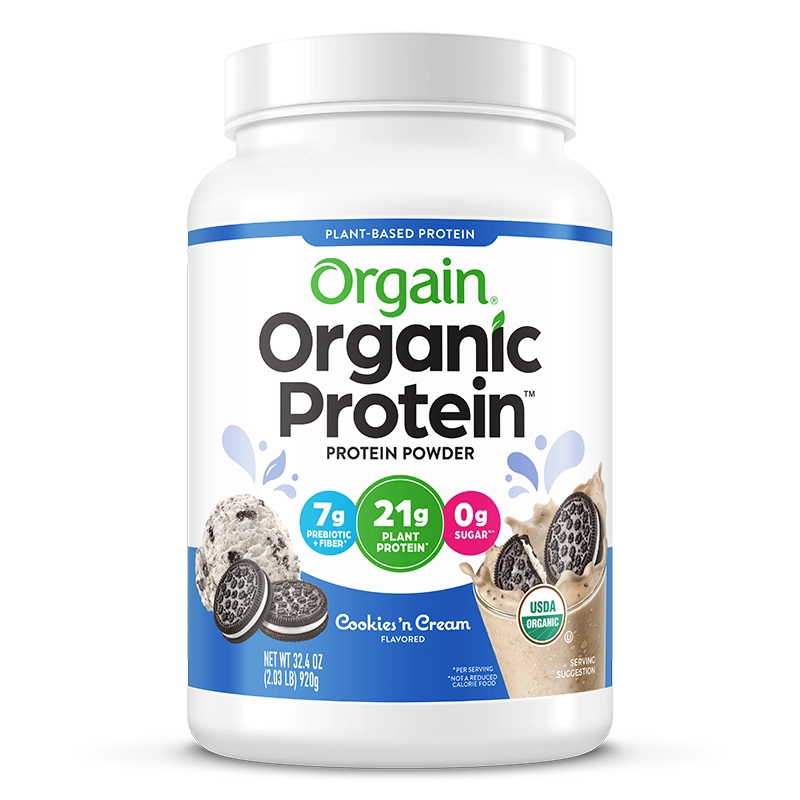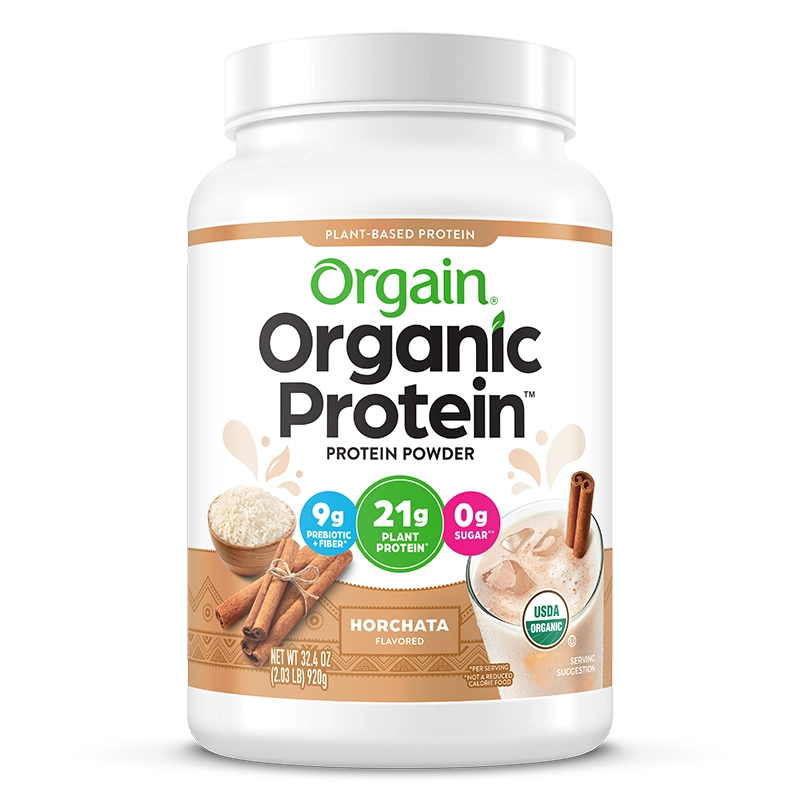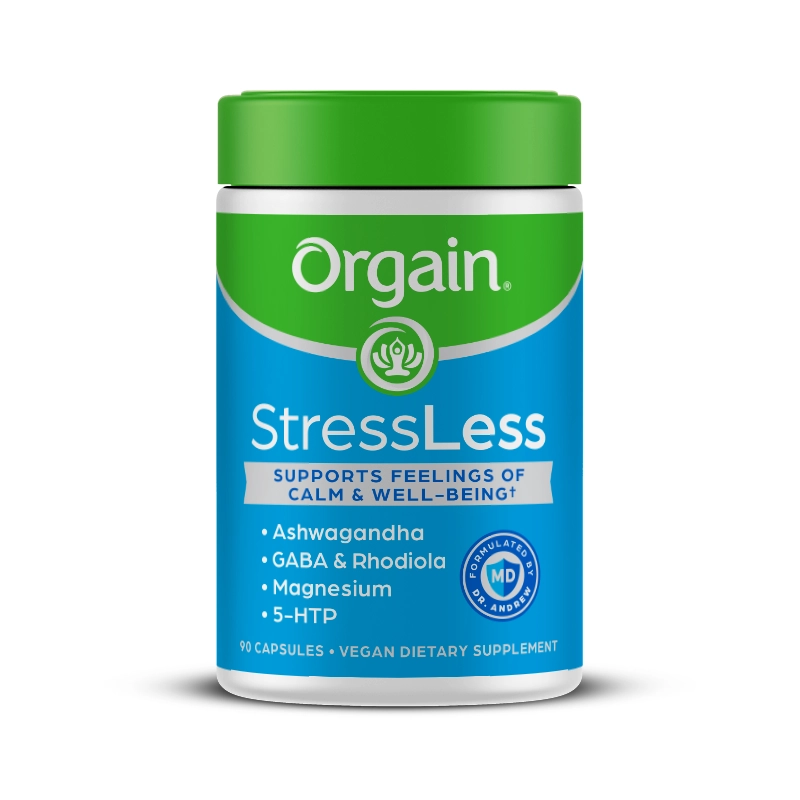Of course, not everyone wakes up before the rooster to get their run in for the day; some prefer to let the day pour out a bit before they pound the pavement. But regardless, the question remains: Should I eat before I run? Or after? If so, what?
Let’s interject with some science. In a study, looking at the effects of fasted versus pre-exercise feeding, researchers found evidence that pre-exercise feeding actually helped prolong aerobic performance, e.g. cardiovascular performance; in your case, running.
Fuel up before running.
Now that you’re convinced, it’s time to explore the nutrition lurking in the fridge and pantry. Let’s begin by looking past the donut and spicy leftovers from the night before. Foods and drinks that are sugar-laced or spice-laden are not a runner’s best friend — we want to stick to #cleannutrition around here.
Understanding Pre-Run Nutrition
Firstly, you want a pre-run snack that is optimized for easy digestion; running with stomach bricks equals zero fun for anyone. You also want a good nutritional fuel source that compliments your running commitment, not hinder it.
Macronutrients for the win.
Athletic performance requires energy. The main sources of energy are found in the macronutrient triad — carbohydrates, protein, and fat. Without these, your run may turn into a nap. Ok, maybe that’s an exaggeration; but seriously, they’re essential.
Carbohydrates — the go to source for fuel.
Carbohydrates are the best source of energy for athletic performance. They consist of complex carbs (starches), simple carbs (sugars), and fiber. Saying that carbs are fuel is no exaggeration. They literally help fuel your body’s essential functions: Brain, muscles, nervous system, and more.
Furthermore, carbohydrates help aid in digestion and help keep you feeling full. Your body stores unused carbohydrates to be used for energy when needed. A carbohydrate-deficient diet can leave you feeling blah — tired or fatigued. No bueno for avid runners.
It is important to understand that not all carbohydrates are created equal. Healthy sources can be found in fruits, vegetables, legumes, and whole grains. Refined carbohydrates, like those used in sugary drinks and processed foods would be counterintuitive for the runner concerned about health.
Protein for muscle repair and recovery.
Contrary to popular belief, protein is not just for those grunting in the dark corners of weight rooms; runners need protein just as much. Running actually places quite a lot of stress on your muscles — looking at you, uphill runners. Though protein does have a role to play in energy production, it’s essential function is in muscle recovery.
Protein is actually made up of various chains of amino acids. Together these chains make up the protein necessary for the maintenance and repair of muscle tissue. Furthermore, structural proteins help provide a framework for cells and tissues within your body. For example, a protein called collagen provides structure for tendons, ligaments, and bones.
Protein, when taken with carbohydrates, works to replenish glycogen storage; a much needed energy source during those long runs. Protein is found in animal products, such as meat, dairy, and eggs. For vegans, alternatives can also be found in vegan protein sources such as pea protein, brown rice protein, and chia seed protein — but remember, keep it organic!
(Healthy) fats for runners.
Dare we utter the word? It’s a four-letter word, starts with an “F.”
In all seriousness, fats, as a macronutrient, get a bad rap. But dietary fat is just as essential as the two macros mentioned above.
It is true, some types of dietary fats are not good for the waistline: trans-saturated fats. But adipose tissue (stored fat) does have its benefits, particularly in the insulation of organs, in nerve protection, and micronutrient transport throughout the body.
It is also an energy source. When the carbohydrate energy reserves are depleted, the body turns to stored fat for energy — which makes it a best friend for endurance athletes. Healthy fats can be gotten through foods such as nuts, avocado oil, fish, and supplements such as Omega-3s.
Don’t forget about the micros!
While we are here, let’s make micronutrients the fourth horseman of the fuelpocalypse. Just as important as the macros are the micros — vitamins and minerals. They are not an energy source per say, but they do help combat free radicals, those pesky cell damagers that cause oxidative stress.
Another important tool in the performance arsenal is B vitamins. These are essential for energy metabolism. In addition to their help in energy production, they also help synthesize proteins.
Minerals like calcium and iron are important for runners, to prevent stress fractures and aid in oxygen delivery to the cells. We need not mention the immune support effects of vitamins — running under the weather is only fun if it’s sunshine.
What To Eat Before Running
Great, we got all the science stuff out of the way. But you’re ready to take to the streets, ready to climb the hills and feel the wind in your face. So, what should you eat before you put miles under your feet? Here are a few suggestions:
Shake it up with some clean protein.
Protein shakes should always be a pre-run consideration. But all protein powders need not apply — we keep our protein clean around here. Orgain has many Organic Protein™ powder options, from grass-fed whey to plant-based protein goodness; optimized to keep things low sugar but high recovery.
Shake it on the run.
Need to shake it up on the go? No worries. We also have ready to drink protein shakes available as well — even some for the kiddos, in case they wanna shake it up and pound the pavement with you.
Bake the world a better place before you lace up.
We love a good protein shake, but if you’re like us you like protein in food form as much as drink form. Clean protein chocolate muffins are one way to thank your body for being awesome. You are about to subject to grueling cardio after all. Be nice, be clean, enjoy a muffin if you please. #YUM
Crush Your Summer Goals
Summer is upon us and maybe running was one of your fitness goals. Why shouldn’t it be? You can do it almost anywhere — the world is your trail. It’s a serious calorie burner and can aid in weight loss. Plus, running helps strengthen the joints and bone — and you get a little sun-shiney vitamin D to boot.
It doesn’t matter if the goal is a marathon or a jog around the block, the fact is, even five minutes of running a day can help reduce your risk for cardiovascular disease.
But before you head out the door, make sure you are giving your body the fuel it needs — cars don’t run without gas. It doesn’t need to be a five course meal, but a pre-run snack or shake, complete with the macronutrients discussed above, will give up a leg up and a foot down on performance, and Orgain’s Protein Powder can help.
Sources:
Running Reduces Risk of Death Regardless of Duration, Speed | ACC
